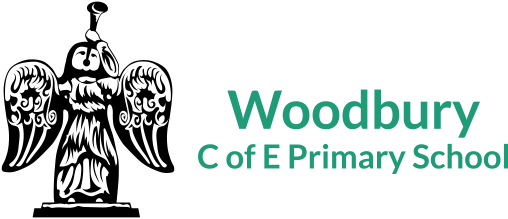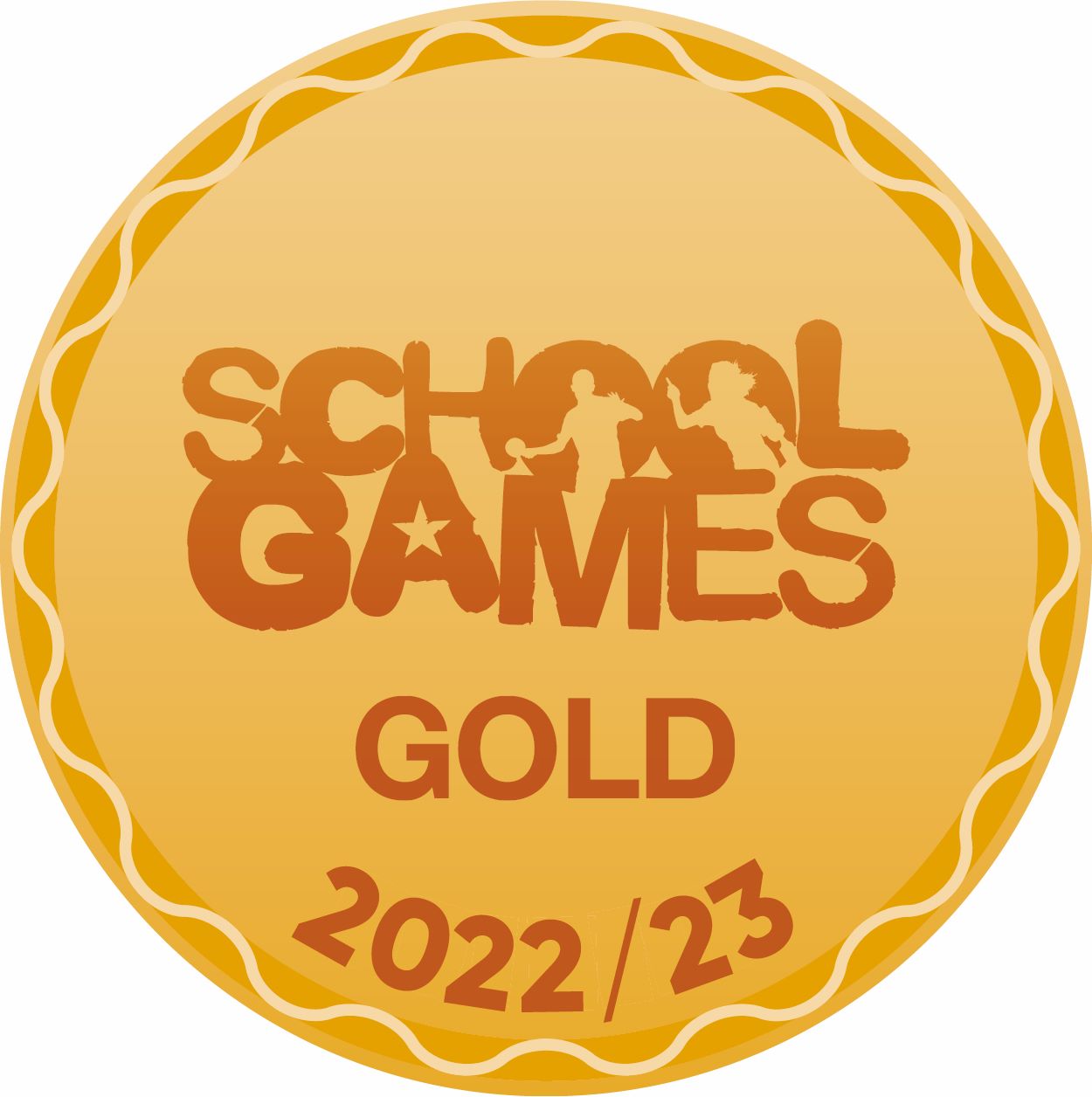Art
At the heart of our art curriculum lies the belief that art is a fundamental form of expression and communication.
We believe that engaging in this subject enables children to develop their imagination, creativity, visual thinking, observational skills, problem solving and autonomy. We consider the teaching and learning of art invaluable, not only in terms of process and outcome but also regarding well-being. Learning in art is concerned with increasing pupils’ knowledge and understanding of art, craft and design alongside developing skills that enable them to experiment and create with a wide range of media. We strive to develop the inherent interest of every child, enabling them to respond creatively to a given stimuli and provide opportunities for critical evaluation and reflection. Our school ‘curriculum map’ and ‘skills progression’ provide a structure for the art curriculum being taught throughout the school, delivered through half-termly themes, which reflect a balanced programme of study and relate to other curriculum areas. The artists, designers and architects studied are carefully chosen to represent different cultures and genders whilst also being of interest to children living in today’s world. We endeavour to ensure that the art curriculum will give children the interest, confidence and motivation to continue to further develop their skills into the next stage of their education and life experiences. A key consideration underpinning all of our art teaching is the question of what constitutes art and what it means to be an artist.
Art is highly valued by our pupils,
‘In art I learn new skills which make me get better at creating. I am given the freedom to express myself creatively and that is really important. I love art, it is my favourite lesson and I want to be an artist when I am older,’ Maddie, year 4.
Art Curriculum Statement Skills Progression
Art




























